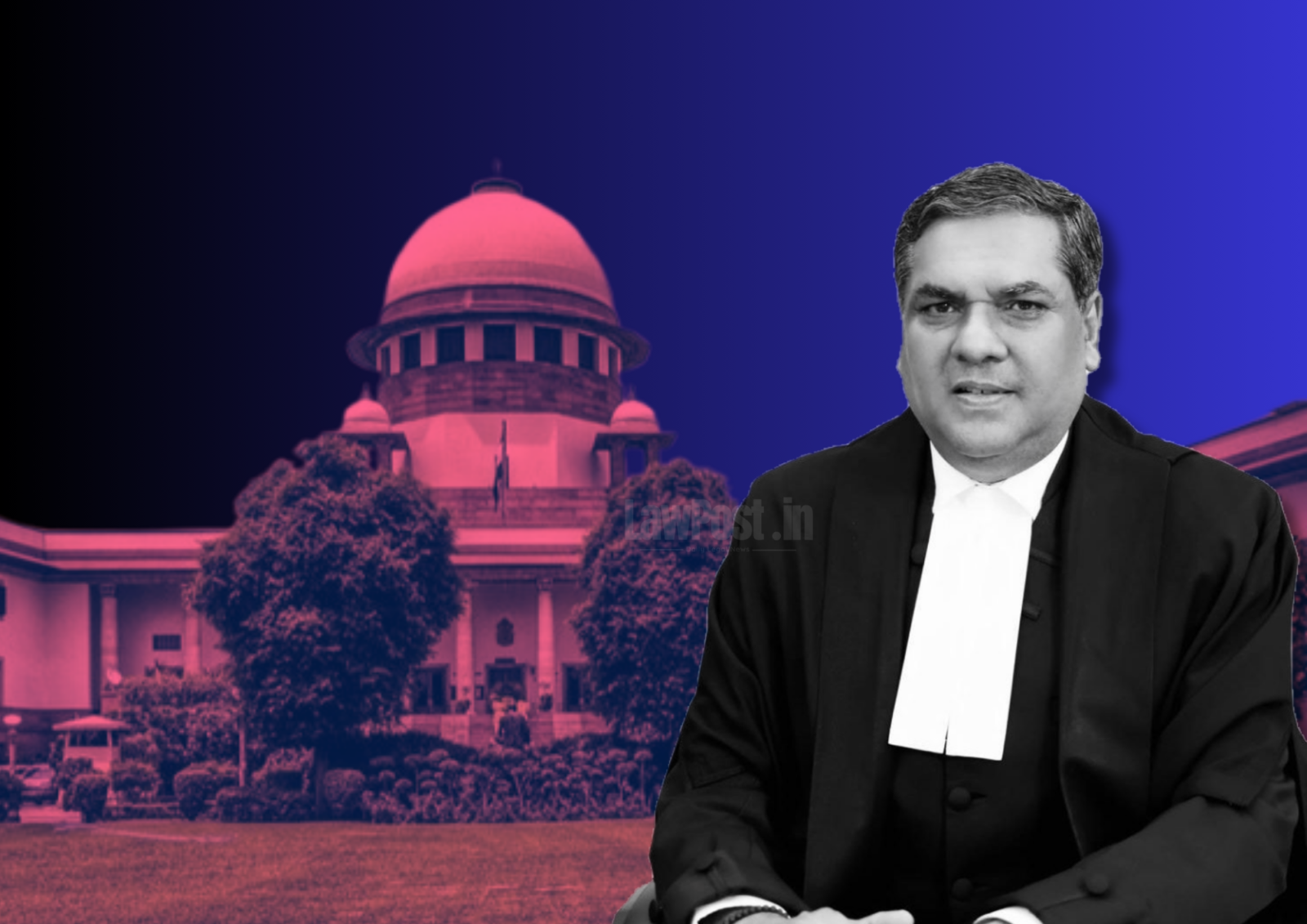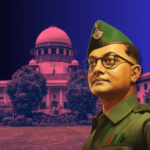Chief Justice of India (CJI) Sanjiv Khanna has voiced strong support for the Bar Council of India’s (BCI) proposal to introduce a minimum stipend for junior lawyers. Speaking at a felicitation event organized by the BCI, CJI Khanna addressed the growing exodus of young legal talent from litigation to corporate roles, emphasizing that the trend reflects systemic challenges in the profession rather than mere personal preferences.
“The exodus of young talent from litigation practice is not merely about personal choice. Rather, it is symptomatic of structural issues such as meagre financial and social security in the profession, especially for first-generation lawyers,” he remarked.
The CJI observed that financial insecurity often drives young lawyers to pursue corporate or managerial roles instead of courtroom practice. He stressed the need for reforms to ensure that financial concerns do not overshadow informed career decisions.
“To attract a community of young lawyers dedicated to serving the public, we must work towards making our profession a more conducive space, address entry-level barriers, and promote support. One step towards addressing these challenges is creating a minimum remuneration standard for young advocates in the first few years of their practice,” he said.
The Better the Bar, the Better the Judges
CJI Sanjiv Khanna
Highlighting the symbiotic relationship between lawyers and judges, CJI Khanna noted that the quality of the judiciary depends significantly on the strength of the Bar.
“Judges are indeed a vital part of the judiciary, perhaps the most visible part. (But) judiciary is incomplete without advocates. Judiciary is in fact a collective name for the Bench and the Bar. The better the Bar, the better are the judges,” he said, adding that lawyers fundamentally shape the law through their arguments and interpretations.
He also lauded the diversity among lawyers in the Supreme Court, stating that it enriches the judiciary’s ability to understand nuanced lived experiences.
Accountability and the Path Forward
CJI Khanna addressed issues of delays and backlogs in the judicial system, emphasizing that accountability between the Bench and Bar is essential for improving public trust.
“Accountability checks must not be mistaken as confrontation. We are both accountable to the public as a judiciary. For example, addressing the issue of adjournments is not a critique of the judges or advocates. It speaks to the judiciary’s commitment to improve as a whole,” he observed.
Advocating for Alternative Dispute Resolution
In a forward-looking perspective, the CJI praised the legal profession’s growing embrace of alternative dispute resolution (ADR) methods like mediation and pre-litigation negotiations, which help reduce case backlogs and improve access to justice.
“Today, lawyers proactively guide clients towards dialogue-based resolutions, explaining the trade-offs between litigation and mediation. We have evolved into skilled negotiators both inside and outside courtrooms,” he noted.
A Call for Action
With his candid remarks, CJI Khanna has laid bare the pressing challenges in the legal profession. His advocacy for a minimum stipend for young lawyers aims to create a more equitable system, ensuring that financial insecurities do not deter budding legal minds from pursuing litigation or public interest work.
The event also served as a reminder of the judiciary’s collective mission, as CJI Khanna eloquently summed up: “Lawyers voice diverse perspectives and grievances. This not only makes the judiciary, but also our democracy, vibrant.”








